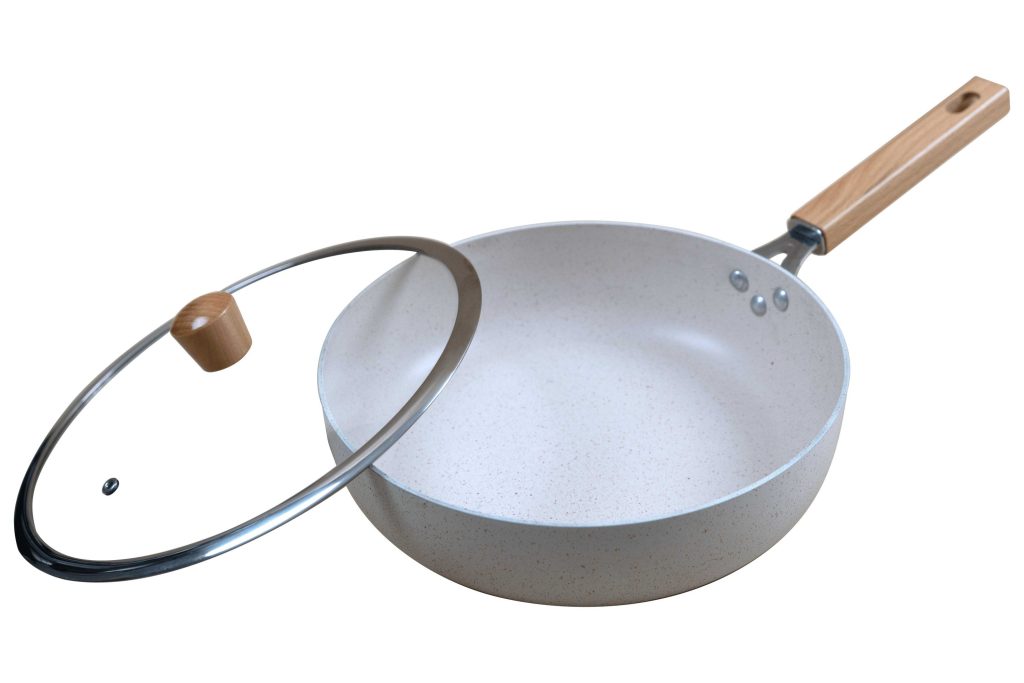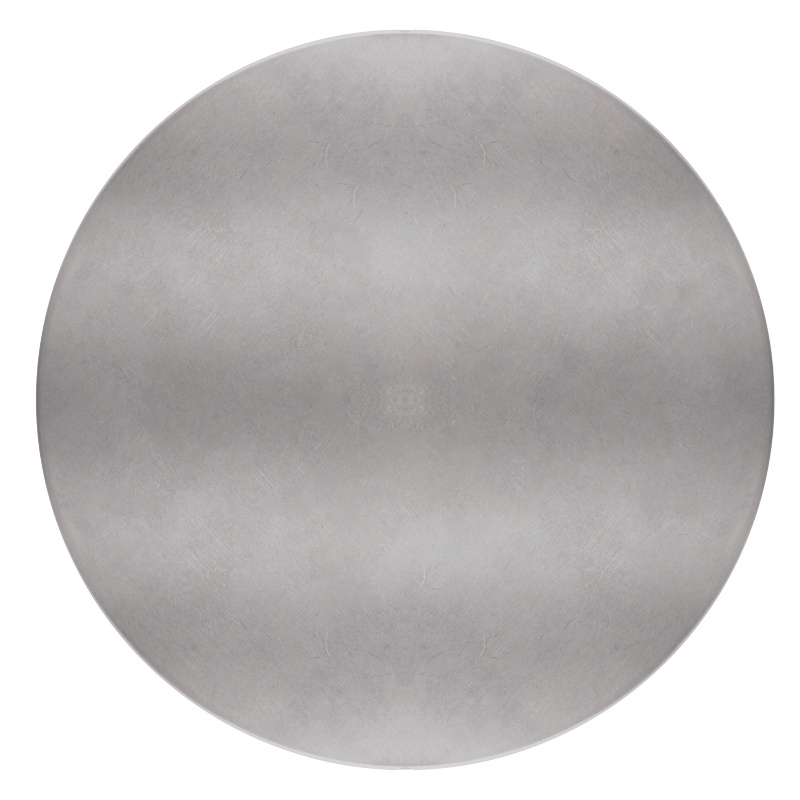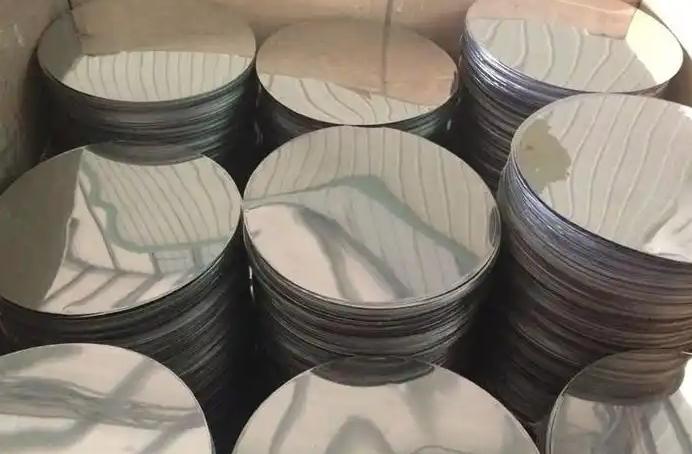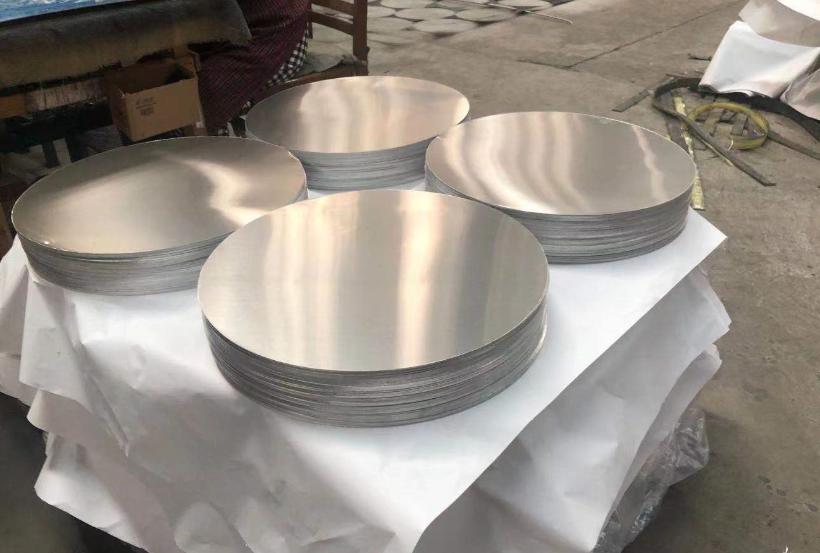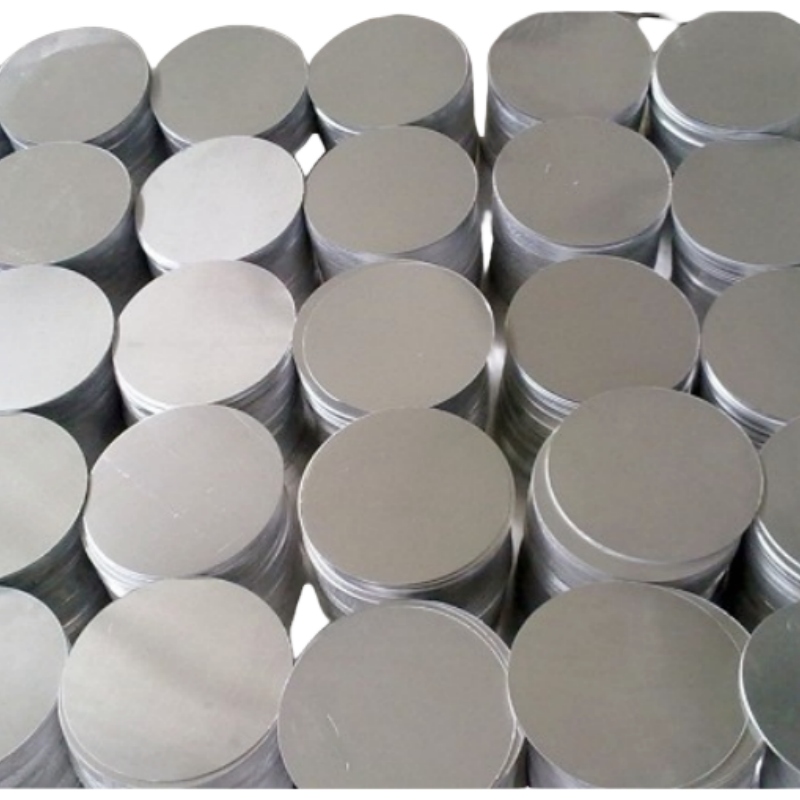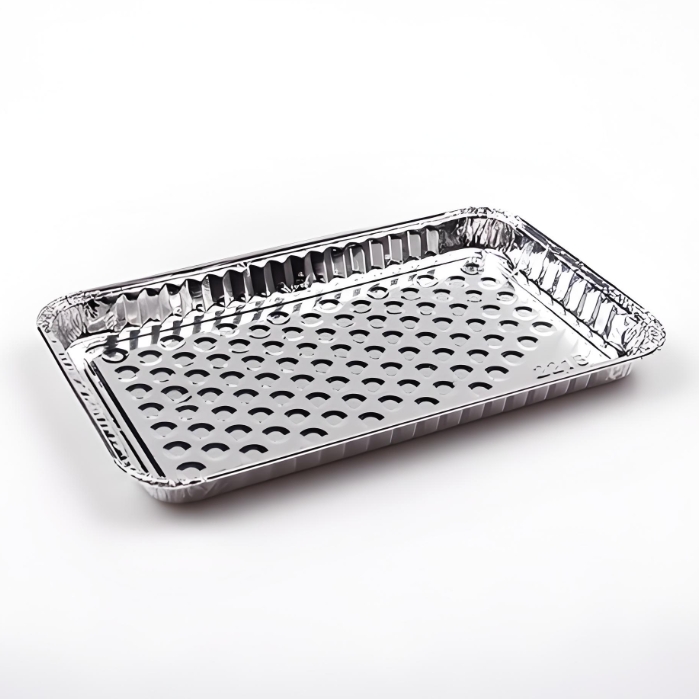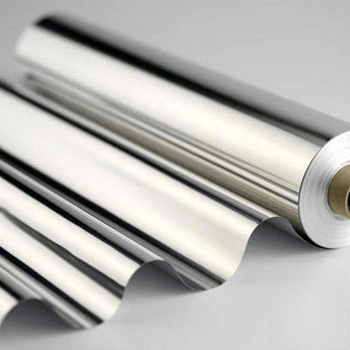Is Aluminum Cookware Safe for Cooking?
Aluminum cookware has always been a frequent staple in global home kitchens – affordable in price, lightweight in weight, and able to quickly conduct heat, these advantages have made it occupy the kitchen shelves of many people for a long time.However, people are paying increasing at their health and many people are beginning to question whether it’s safe to cooking with aluminum cookware everyday? We’ll look into the properties of cooking with aluminum and the associated dangers, as well as safety tips for use to assist you in making informed choices about aluminum cookware safe practices.
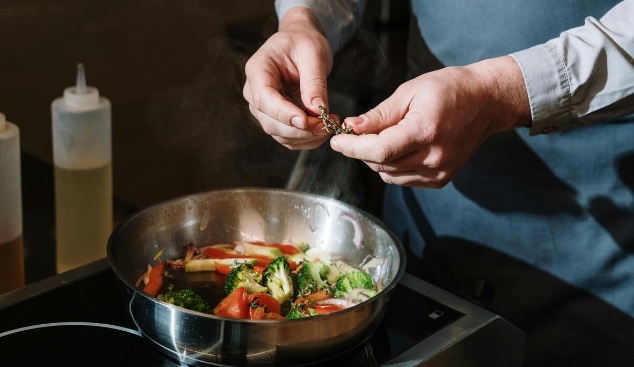
Different Types of Aluminum Cookware
There are different types of aluminum cookware, and the performance of different categories are often determined by their unique designs, which also affect how aluminum cookware safe it is for daily use..
- Anodized aluminum cookware: By electrochemical process, an extremely hard oxide protective layer is formed on the surface of aluminum. This layer makes cookware more durable, scratch resistant and less prone to let aluminum contaminate food items.
- Uncoated aluminum cookware: This type of basic cookware made directly from pure aluminum. The simple pans made of pure aluminum. They are inexpensive and light, however they lack a protective layer which makes them more prone to food.
- Coated aluminum cookware: Pans made of aluminum are covered with nonstick substance (like Teflon or ceramic) to stop the food items from sticking. The coating creates an insulator between the base of aluminum and the food until it’s damaged.
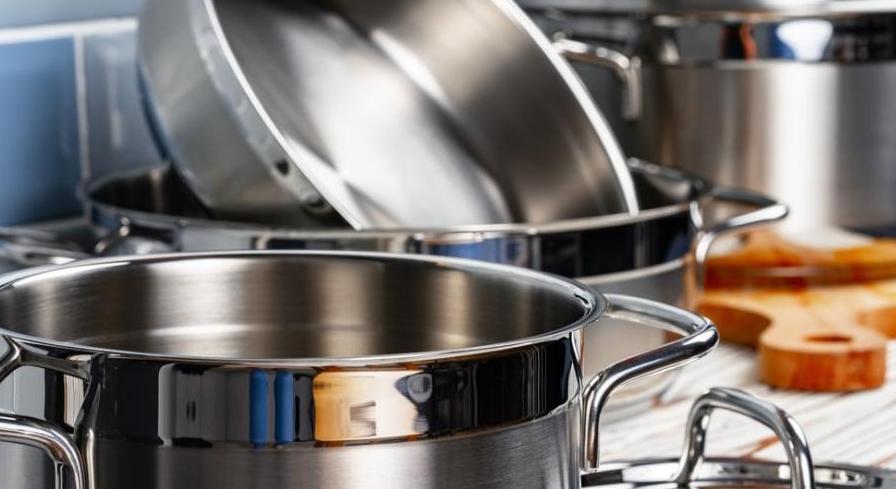
The Property of Aluminum Cookware
It is a flexible and soft metal that has distinct features that make it a popular choice to cookware.
- Outstanding conductivity. Aluminum has an superior thermal conductivity. This allows heat to be evenly distributed across the surface, thereby lessening the chance of causing burns on food products which makes it a great option for cooking, such as stirring-frying, deep-frying and stewing.
- Lightweight. In comparison to stainless steel or cast iron aluminum cookware is lighter and more comfortable to use, especially to cook and pour.
- Affordability. Aluminum is more affordable to produce than other metals. This means that aluminum cookware is more affordable that makes it cost-effective for cooks at home on all levels.
- Multi-purpose. It’s a excellent choice for any stove, including gas electric, gas and electric. But, non-coated aluminum won’t be equipped to work with cook-tops that use induction unless they’ve been specifically designed for them.
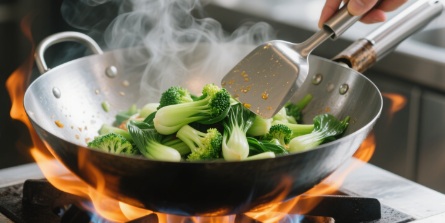
The Dangers Associated with Aluminum Cookware
Aluminum cookware may offer many advantages, there’s a legitimate concern about the safety of this product:
1. What About the Connection Between Aluminium and Alzheimers?
One of the oldest misconceptions regarding the connection between exposure to aluminum is the development of Alzheimer’s disease. Initial studies revealed a link with aluminum as it was discovered inside the brains patients suffering from Alzheimer’s.
But, the largest health institutions such as that of World Health Organization (WHO) and Alzheimer’s Association Alzheimer’s Association have recently concluded that there isn’t any evidence that suggests any causality in this relationship that eases concerns about aluminum cookware safe use. The element aluminum is present in food, water and air. Furthermore, the body generally removes the majority of the aluminum it consumes. The leaching and oxidation of aluminium from kitchen equipment into food items is typically minimal and won’t harm healthy individuals.
2. Another Possible Source of Fear – Teflon
A large portion of cookware made of aluminum is coated with Teflon the non-stick substance. Although Teflon is a solid material, at normal temperatures of cooking, it could release toxic fumes if it is heated for too long (above 500°F/260°C). This is a concern to be aware of when cooking with aluminum cookware. The fumes can result in irritation of the eyes, nose and throat, and occasionally, cause harm to pets.
Additionally scratches or wear on Teflon coatings may break off and become food products, however the FDA believes that only small amounts of Teflon consumption are considered to be safe. The damaged coating could affect cookware’s nonstick properties and expose the aluminum underpinning.
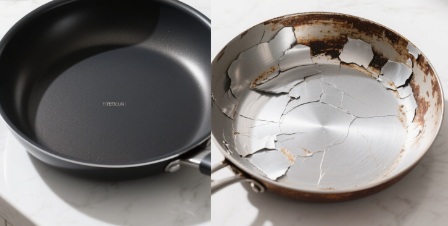
4 Tips for Safely Using Aluminum Cookware
If handled with care, aluminum cookware safe for everyday cooking. If you follow these guidelines, you’ll reduce the dangers of cooking with cookware made of aluminum while enjoying its numerous benefits.
1. Replace Damaged Cookware Promptly
Small scratches minor damage to Teflon coatings can lead to harm to your food’s safety. Cracks, chips, or peeling areas aren’t only a problem for the non-stick effect but they also increase the possibility that the base metal can be absorbed into food products. Over time, small particles of Teflon could also mix with food items, even though tiny quantities of Teflon are not generally harmful but continuous consumption is suggested.
Make sure you inspect your cookware frequently. Examine for cracks evident around the edges that peel on handles, as well as scratches caused by metal tools. If you notice damage, it is recommended that you replace the cookware as quickly as you can. It is worth investing for a new pan is much less costly than coming into contact with aluminum or Teflon particles,ensuring aluminum cookware safe use continues.
2. Use Uncoated Aluminum Carefully
Uncoated aluminum cannot be protected by a layer, which makes it prone to reaction with specific foods. Acidic substances like tomatoes, lemon juice or vinegar, along with salty foods can cause an oxidation of the metal’s surface, causing the aluminum to absorb into food items. Leaching is usually small, however it could rise with longer cooking times, such as simmering tomato sauce for a long time in a non-coated saucepan.
Be sure that you use aluminum-coated food items that are neutral and not high in acid. simmer pasta or steam vegetables and boil oatmeal, and cook pancakes. If you are cooking recipes which are acidic or salty use stainless aluminum cookware or anodized steel to prevent reactions
3. Choose Anodized Aluminum
Anodized aluminum can be a better alternative to aluminum that is uncoated because of a particular electrochemical process that produces an oxide that forms a durable and hard across its edges. Its oxide coating is invulnerable to corrosion, scratches, and chemical reactions with acidic foods and decreases the rate the aluminum’s leaching-—making it a top choice for safe cooking with aluminum cookware. Cookware that has been anodized is able to be utilized for cooking tomato-based dishes as well as marinades made with citrus, and even meals that are salty without any difficulty.
Aluminum also retains its ability to conduct heat making it a fantastic choice for cooking. When shopping make sure to look at “hard-anodized” labels–this indicates a thicker and more durable coating that is able to withstand metallic appliances (unlike Teflon) and lasts longer if used frequently.
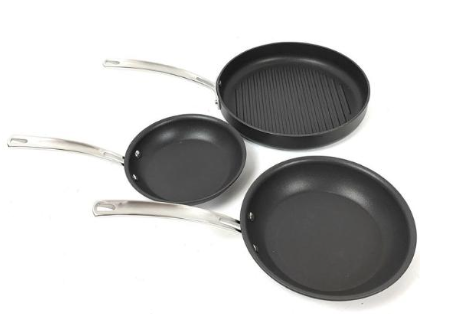
4. Prefer Handwashing
Dishwashers are useful, however their harsh detergents and excessive temperatures could cause damage to aluminum cookware in the future. For cookware that is coated with Teflon Dishwasher cycles may cause the non-stick coating to weaken, which makes it more prone to scratches. Aluminum anodized, though strong can lose its the shine or cause spots as a because of the abrasive cleaning
Hand washing is gentler using mild dishesoap or hot water and a sponge or soft cloth to clean food residue. Beware of using steel pads or pads to scour, which could scratch the cookware. If food is stuck to the cookware, place it in soapy, warm water for 10 minutes prior to cleaning. The food will loosen without a vigorous scrub. Cleansing your hands correctly will not only protect your cookware, but it also increases its life span, ensuring consistent performance in cooking with aluminum cookware.
Conclusion
In summary, aluminum cookware is safe with proper use. For quality options, Lanren Aluminum’s cookware stands out. Their range includes durable anodized and reliable non-stick options, ensuring safety and performance for everyday cooking.
Related Products


